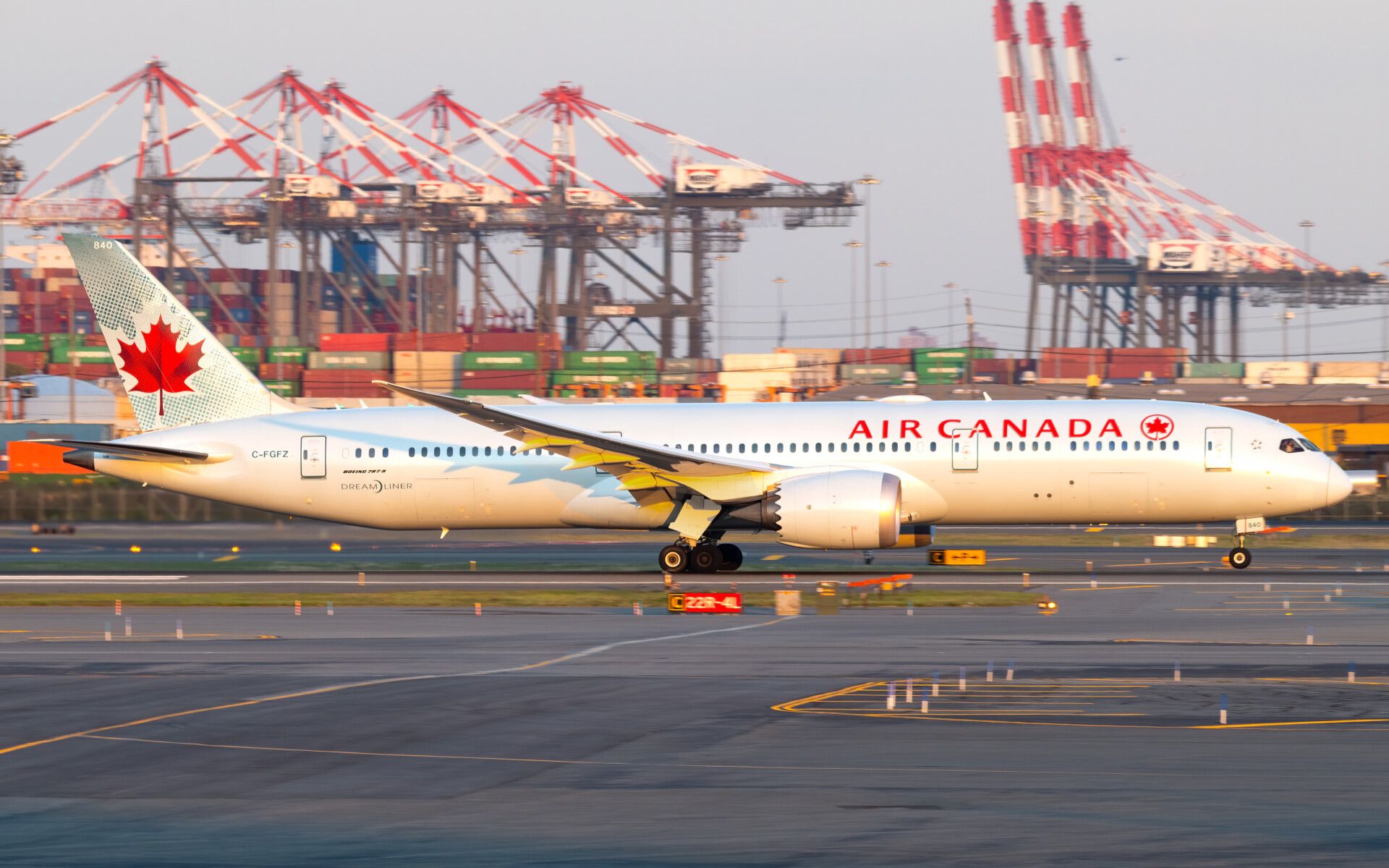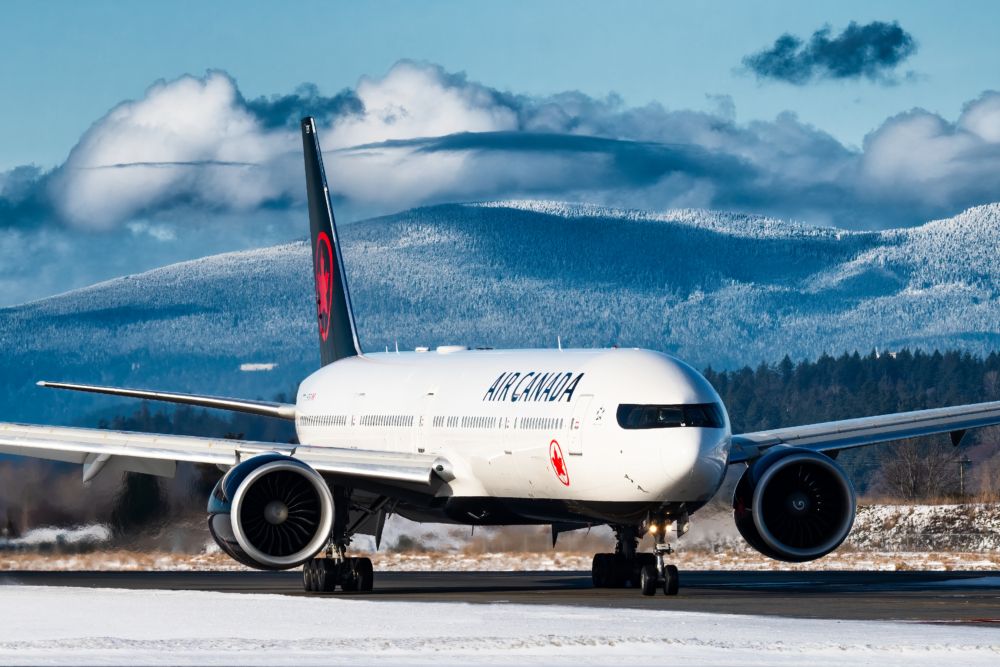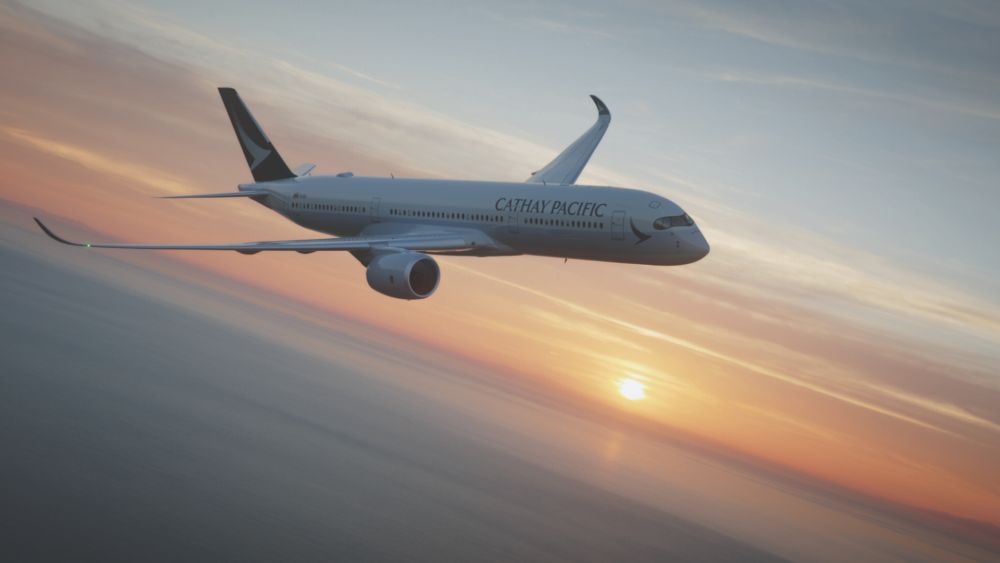Air Canada announced today that it had formed a climate task force along with nine other airlines. The organization will identify and invest in emerging technologies that will help reduce aviation's carbon footprint, such as sustainable aviation fuels.
Global response coalition
With the UN Climate Change Conference of the Parties (COP26) taking center stage of world events, sustainability targets and declarations are materializing high and low. Not that the planet is complaining. Just today, a coalition of airlines announced the formation of the Aviation Climate Taskforce or ACT. The non-profit organization will support the development of emerging technologies aimed at decarbonizing aviation.
One of its founding members is Air Canada. Along with nine other carriers and the Boston Consulting Group, the airline has committed part of its $50 million pledge for alternative fuels and carbon reductions to be funneled through the ACT. The majority of funds will focus on critical medium-term measures, such as synthetic fuels and direct air carbon capture.
"Combatting global warming requires a global response, and we are pleased to be the first Canadian airline to join the Aviation Climate Taskforce. As a founding member, we will work with other global carriers and invest in emerging technologies to advance the decarbonization of our sector and build a long-term, sustainable aviation industry," Michael Rousseau, President and Chief Executive Officer at Air Canada, said in a statement on Thursday.
Get your boarding pass to the flight of the year. The Future Flying Forum is taking off soon!
Pillars of the community
Air Canada announced its commitment to net-zero carbon emissions by 2050 across its operations in March this year. Furthermore, the airline has absolute 'mid-term' targets for 2030. These are a reduction of 20% of greenhouse gas emissions from air operations compared to a 2019 baseline and a 30% reduction for ground operations. To that effect, the carrier has divided its efforts into four pillars: fleet and operations; innovation; sustainable aviation fuels and clean energy; carbon reductions and removals.
Joining Air Canada in the ACT coalition are Air France-KLM, American Airlines, Cathay Pacific, Delta Air Lines, JetBlue, Lufthansa, Southwest, United Airlines, and Virgin Atlantic. Over time, the task force's portfolio will expand to include more near-term solutions such as advanced biofuels and long-term solutions, including hydrogen propulsion technology.
The ACT will initially base its mission on two pillars. An Innovation Network will focus on early-stage research. A Collaboration Forum will support the network in identifying other ways towards emission reduction and decarbonization.
What lies ahead?
In the future, the new non-profit intends to launch an investment fund in which its members will invite third parties to participate. The fund will provide capital for the rapid scaling up of emerging technologies that have the potential to drastically reduce aviation's carbon footprint.
For the first year, ACT will focus on identifying focus areas amongst emerging technologies and setting up the Innovation Network. The coalition says it will welcome other airlines and participants from across the aviation sector to join.
"We are very pleased to join hands with a group of like-minded organisations as founding members of the Aviation Climate Taskforce to accelerate the development of breakthrough technologies and lead the way in this very important area,” Cathay Pacific's Chief Executive Officer, Augustus Tang, shared in a statement earlier today.
What do you think of the new taskforce initiative? Where should the coalition direct its attention? Leave a comment below and let us know.



